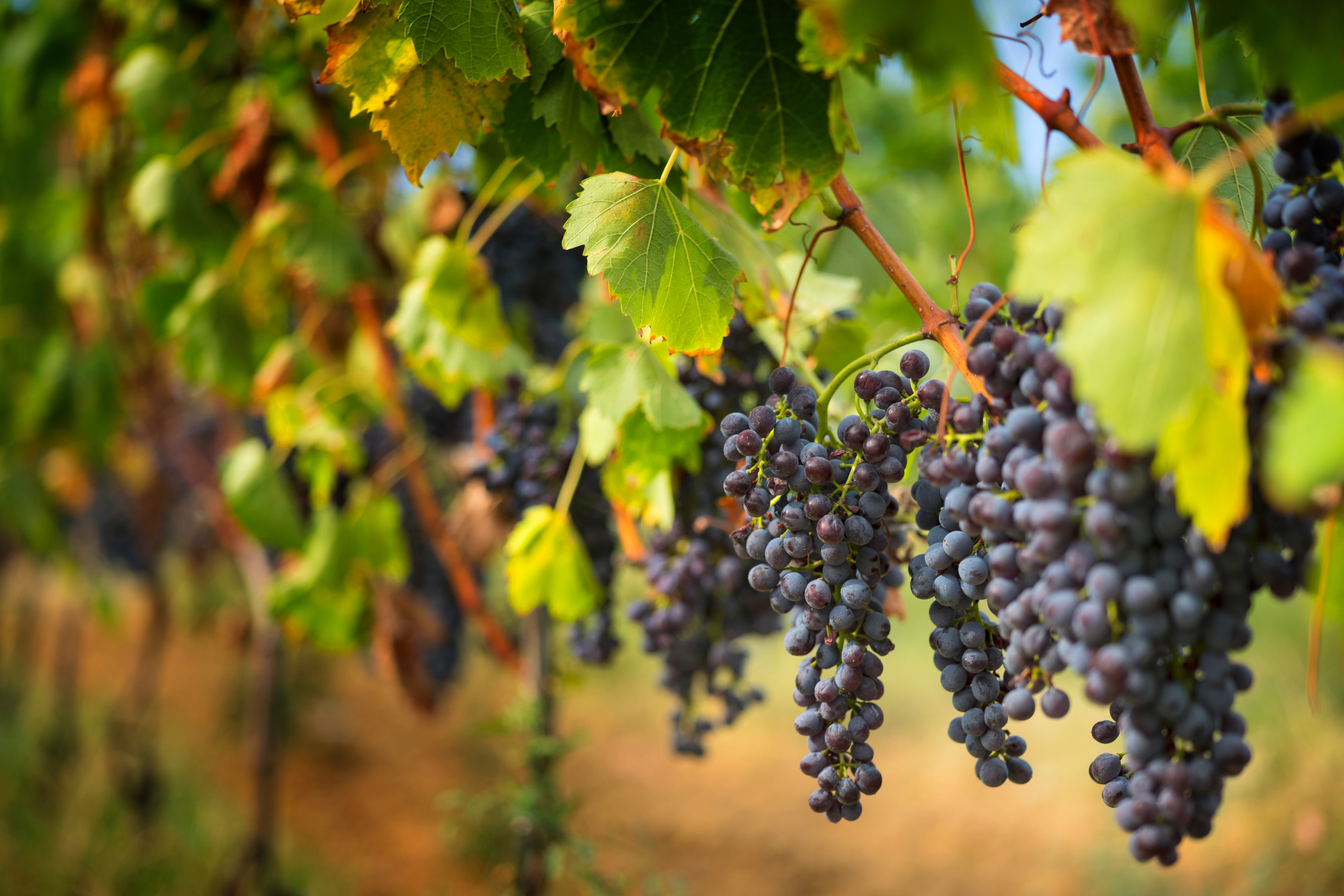Sustainable Vineyard Practices That Cut Costs and Elevate Quality
Sustainable vineyard practices have become the cornerstone for an ever-growing number of wineries aiming to reduce their ecological footprint while enhancing the quality of their wine. By adopting environmentally conscious methods, vineyards not only safeguard the planet but also discover significant cost benefits and quality improvements in their produce. This approach is proving that sustainability and profitability can go hand-in-hand in the wine industry.
What Are Sustainable Vineyard Practices?
Sustainable vineyard practices involve implementing farming and management techniques that are ecologically sound, economically viable, and socially supportive. The goal is to produce high-quality grapes and wines without compromising the needs of future generations. These practices span a wide range of activities, from water management and soil health to energy efficiency and biodiversity.
Optimizing Water Use
Effective water management is critical in any agricultural practice, but it holds particular importance in viticulture. Sustainable vineyards invest in irrigation technologies such as drip irrigation systems, which deliver water directly to the plants’ roots, reducing waste and evaporation. Moisture sensors can also be implemented to provide real-time data, ensuring that vines receive the precise amount of water needed, which not only conserves water but also prevents overwatering, a common issue that can dilute the flavor of grapes and increase susceptibility to diseases.
Enhancing Soil Health
Healthy soil is the foundation of any successful vineyard. Practices such as cover cropping, crop rotation, and reduced tillage help maintain soil health and fertility. Cover crops, for example, can fix nitrogen in the soil, improve soil structure, and increase water infiltration. In addition to these benefits, these practices help sequester atmospheric CO2, reducing greenhouse gas emissions and enhancing the sustainability profile of the vineyard.
Utilizing Renewable Energy Sources
More vineyards are turning to renewable energy sources like solar and wind power to fuel their operations. Installing solar panels on winery rooftops or among the vine rows can significantly decrease electricity costs and minimize dependence on non-renewable power sources. This not only cuts down on operating costs but also appeals to eco-conscious consumers who prefer products from environmentally friendly sources.
Promoting Biodiversity
Biodiversity in vineyards contributes to ecosystem health and can help mitigate the spread of pests and diseases, reducing the need for chemical interventions. Planting multiple species of plants and flowers attracts beneficial insects and promotes a natural balance in the vineyard ecosystem. Some vineyards have even integrated livestock grazing, which naturally manages weed and aids in fertilization.
Economic Benefits of Sustainability
Adopting sustainable practices can lead to substantial cost savings in several areas. Reduced inputs like water, energy, and synthetic chemicals directly decrease operating costs. Additionally, improving soil health and vine health can enhance grape yield and quality, leading to higher-quality wines that can command a premium price in the market. Furthermore, sustainability certifications can attract new customer segments and enable vineyards to market their wines as eco-conscious options, potentially leading to increased sales.
Long-Term Quality and Reputation
Focusing on sustainability also aids vineyards in producing consistently high-quality wines. Healthier vine ecosystems are more resilient to climate variability and extreme weather conditions, ensuring a stable production of high-quality grapes. Moreover, the story of sustainability and the tangible quality it brings to the wine enhances a brand’s reputation and appeal.
In conclusion, sustainable vineyard practices are more than just a trend; they are a vital strategy for cost reduction and quality enhancement in the wine industry. By implementing water-saving technologies, enhancing soil health, using renewable energy, and fostering biodiversity, vineyards can enjoy reduced operational costs and improved wine quality. As the demand for environmentally friendly products continues to grow, sustainability in viticulture not only becomes a necessity for the environment but a smart business decision as well.





